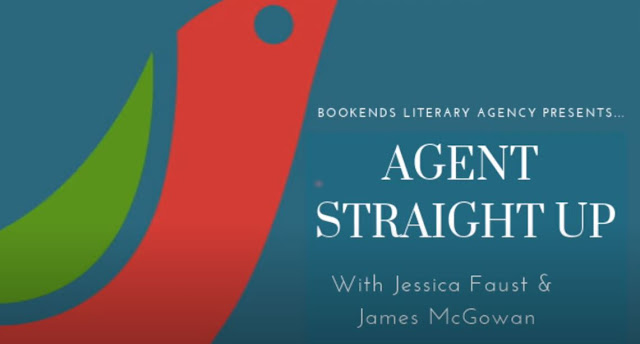THE TEARS OF AN AUTHOR
For my first book, you could say I was fairly successful. But in my mind, I felt there could have been better strategies for promoting Maggie. I wanted to be spotlighted in the local newspaper, have libraries buy copies, and secure a lot of school visits.
This did not happen for me, and it left me feeling frustrated and nearly in tears.
Authors like me who are published by a small press must do most of the marketing by themselves. So, I learned about marketing well before the release of Maggie. In fact, I began marketing nine months before the release date.
But school media specialists didn't answer my emails or return my phone calls even after I had mailed packets detailing a school visit program that would benefit their students.
I got angry and whiny, but soon realized that was not going to help the situation. There had to be other options to promote my book. So, I worked on developing a new marketing plan. Not the plan of other published authors. MY marketing plan. And here is what I did:
- Arranged book signings at local bookstores and gift shops
- Partnered with non-profit organizations that connected to my theme
- Placed books in local boutiques
- Created strategic keywords for my book
on Amazon
- Visited day care centers for book readings
- Sold my book at craft fairs
- Developed a unique website
- Wrote articles and guest blogs
- Created a Pinterest account and made boards and pins that related to my book
- Got a book review in local magazine
- Participated at the Kentucky Book Festival
- Placed copies of the book in a doctor's office with part of the proceeds benefiting an animal rescue organization
- Signed books for Small Business Saturday

As I look back, I couldn't figure out why the newspaper never contacted me, even though my publisher sent a press release and I followed up with emails and phone calls.
But I did learn that the local libraries have a tight budget, and therefore they gravitate toward purchasing books published by larger publishing houses.
Likewise, schools have little funding for school visits. On top of that, some schools require a background check for visitors.
It took me months to learn about marketing. And even after a year, I'm still learning. Marketing is still not easy, but this is what I discovered so far.
- Authors must learn the ins and outs about promotion. They must explore how other authors market their books and decide which of those methods might be worth implementing.
- Authors must be determined to think outside the box. Not all of the ideas tooted in books and online are going to work. Authors should think of ideas that have never been tried and dare to be original, different, and exciting.
- Authors must be plot a new course when the best laid plans aren't working. Authors must not give up and accept failure, but be flexible to change their marketing plan when things aren't going smoothly...
even if they have no clue where to start,
even if it means getting a little whiny,
even if it means shedding a few tears.
✌ and ♥
Comments:"Thanks for this honest look at marketing." J. Cornebise
"Ah, the lessons of life. Everything is more difficult than imagined." D. Henley




















